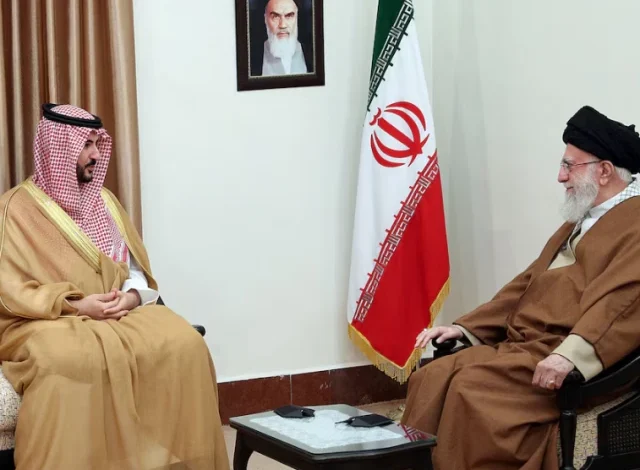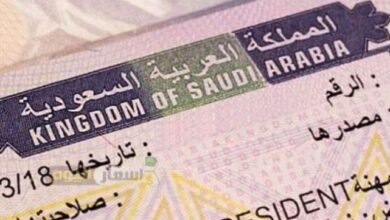Saudi Arabia Urges Iran to Accept Trump’s Nuclear Deal to Avoid War with Israel

RIYADH/TEHRAN: In a rare and strategic move, Saudi Arabia’s Defence Minister Prince Khalid bin Salman visited Tehran last month to urge Iranian leaders to seriously consider a nuclear deal proposal from former U.S. President Donald Trump, warning that rejecting it could lead to direct conflict with Israel.
According to multiple sources familiar with the matter, the visit on April 17 was initiated by Saudi King Salman bin Abdulaziz, who dispatched his son with a covert diplomatic message aimed at de-escalating rising tensions in the region. The closed-door meeting took place in the presidential compound and included Iranian President Masoud Pezeshkian, Chief of Staff Mohammad Bagheri, and Foreign Minister Abbas Araqchi.
While Prince Khalid’s visit was publicly reported, the contents of King Salman’s message were not disclosed until now. During the meeting, Prince Khalid emphasized that Trump’s team was seeking a swift deal to curb Iran’s nuclear ambitions in exchange for lifting sanctions. He warned that the window for diplomacy was narrow, especially given Israeli Prime Minister Benjamin Netanyahu’s pressure for military action against Iran’s nuclear sites.
The Saudi minister warned Iranian officials that failing to engage with the U.S. could lead to Israeli military strikes, further destabilizing a region already suffering from conflicts in Gaza and Lebanon. One senior foreign diplomat added that Saudi Arabia is deeply concerned about a broader regional escalation, which could disrupt its Vision 2030 economic transformation goals.
Iranian authorities did not comment prior to the publication of this story. However, after it was released, Iranian Foreign Ministry spokesperson Esmaeil Baghaei publicly denied the Reuters report via state-linked Fars News Agency. Saudi officials also declined to comment.
The visit marked the first time in over two decades that a senior Saudi royal visited Iran, signaling a significant shift in regional diplomacy since a China-brokered 2023 rapprochement restored ties between the two longtime rivals.
Experts say the regional balance of power has shifted. Israel’s military campaigns against Hamas and Hezbollah, coupled with mounting Western sanctions on Iran’s economy, have weakened Iran’s influence in the Middle East.
According to Mohanad Hage Ali, an analyst at the Carnegie Middle East Center, Saudi Arabia is using this moment to advance diplomatic stability. “They want to avoid war because it would undermine their economic vision,” he said.
Sources confirmed that Iran’s leadership, represented by Pezeshkian, responded positively in principle, expressing a willingness to negotiate in order to ease economic sanctions. However, the long-term impact of the Saudi message on Iran’s nuclear stance remains unclear.
As tensions simmer, this unprecedented outreach by Saudi Arabia underscores the urgent need for diplomatic solutions in a region on edge.




